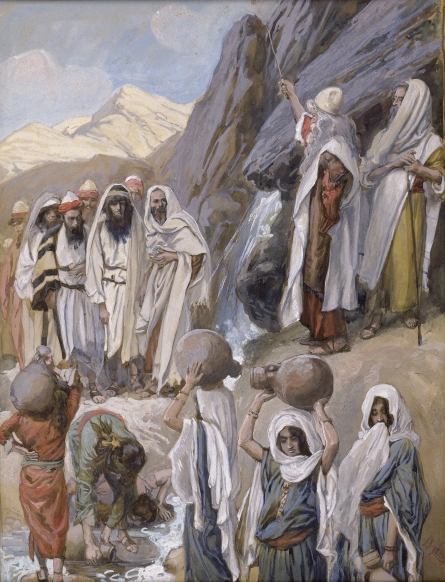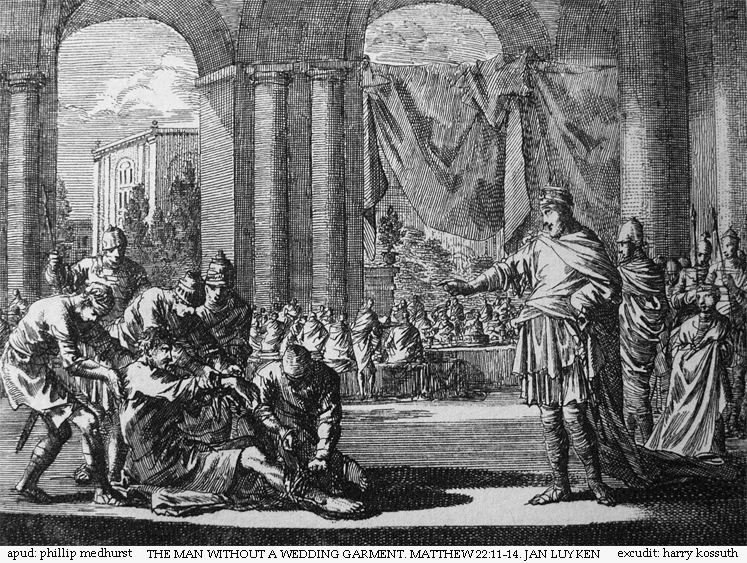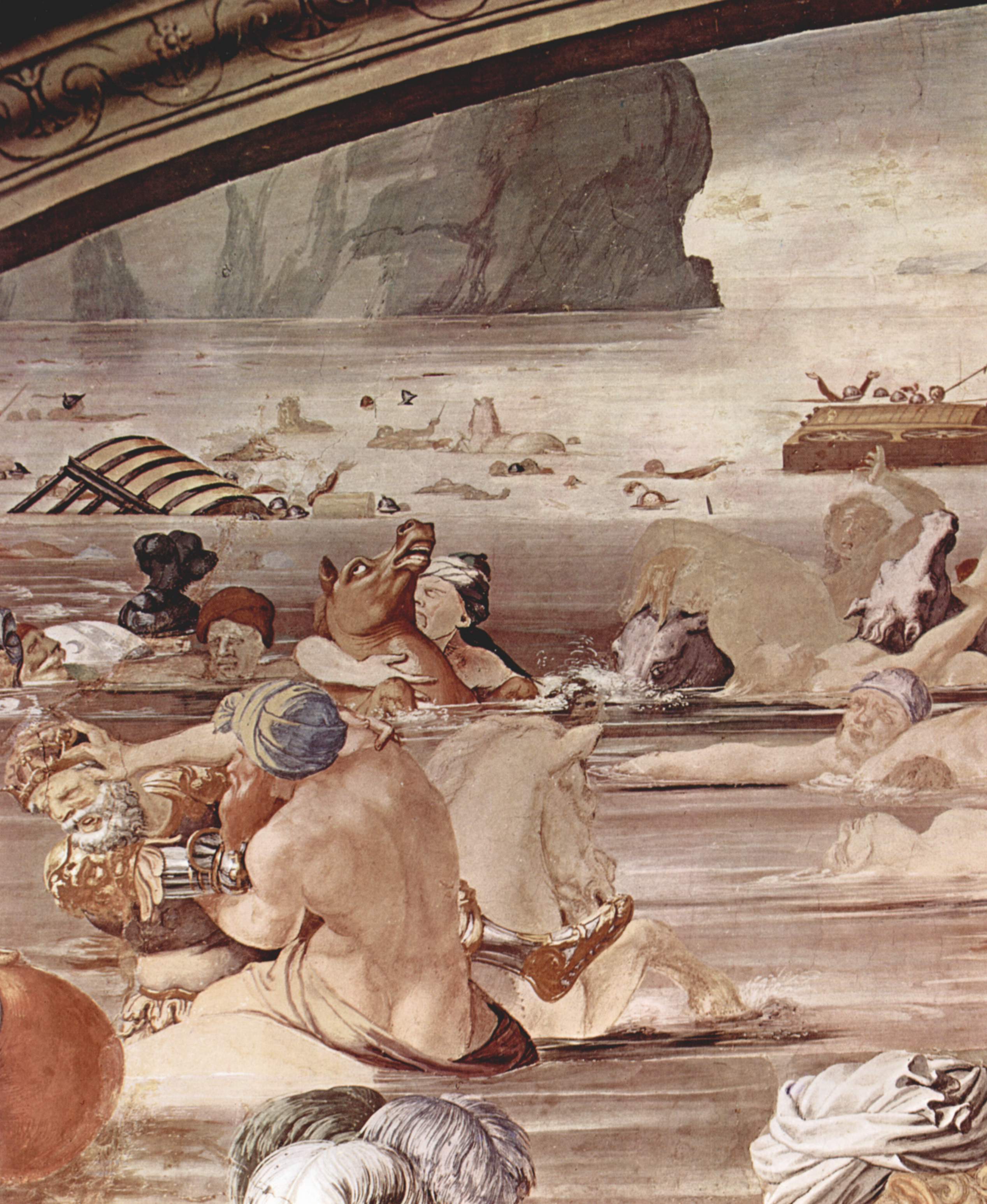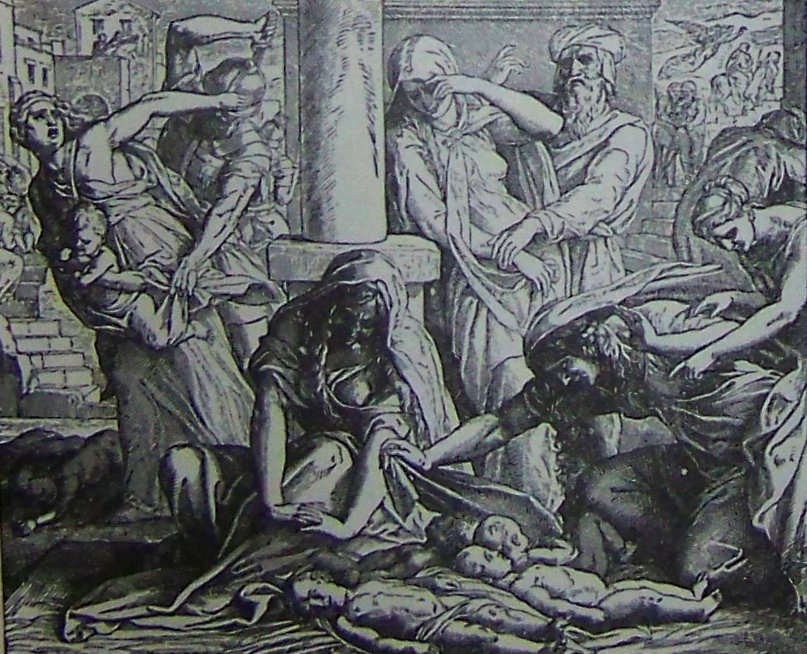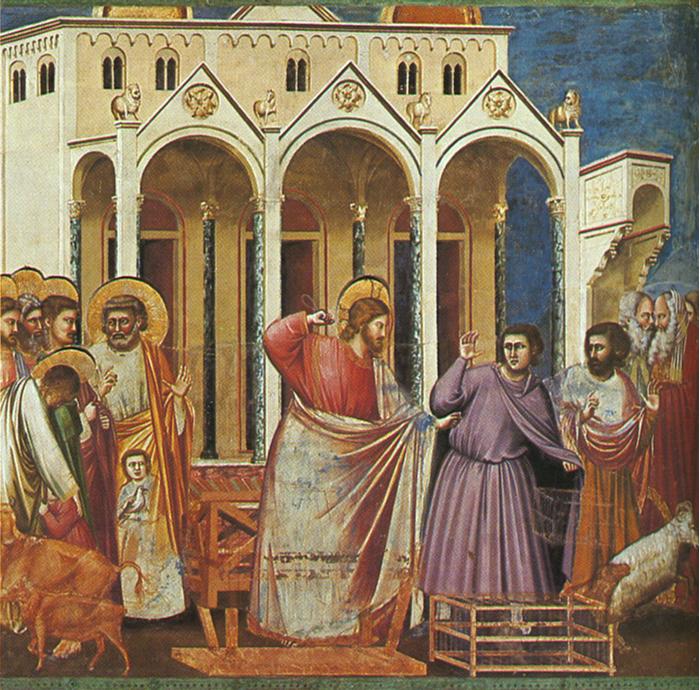Reference links:
Old Testament
Today is all about fashion. This year’s line focuses on fashion for priests. On his shoulders, the priest will wear the ephod. With two engraved onyx stones set in a lovely gold filigree, the fashionable priest will be sure to remember the people of Israel when he goes before the Lord.
Hanging from the ephod we have the chest piece, a jewel lover’s dream. 12 stones, one for each tribe, adorn this lovely linen pouch. The pouch is embroidered in gold, blue, purple, and scarlet. Attach it to the ephod with two cords of pure gold thread and you have a stunning accessory! But function accompanies beauty in this piece. The chest piece pouch is the perfect size for your favorite divination tools, the Urim and Thummim.
With such opulent accessories you need an equally elaborate garment. God has commissioned a robe made from a single piece of blue cloth (the only way to assure a perfect match with traditional dying techniques). God, ever practical, had Moses reinforce the collar so it will not tear. The hem of the robe should be lined with alternating bells and pomegranates. A risky choice, but one that God can pull off, if anyone can.
This outfit demands a hat. God is trying to go for a street vibe here by using some visible branding. Usually a no-no in high fashion. We’ll see how the critics respond to a medallion engraved with “Holy to the Lord”.
God knows that a well dressed priest wears quality inside and out. That is why he insists all his priests wear fine linen undergarments, reaching from their waists to their thighs. With undergarments like these, the priests can avoid dieing of the guilt that comes from wearing low quality underwear. Good call God.
New Testament
 Today is one point up for those who believe the apologetic put forth by C.S. Lewis in The Last Battle: it is possible to worship the one true God by another name. Jesus says that those who inherit the Kingdom of Heaven do so because they took care of the unfortunate and, in doing so, took care of Jesus, while those who spurned the unfortunate were spurning Jesus.
Today is one point up for those who believe the apologetic put forth by C.S. Lewis in The Last Battle: it is possible to worship the one true God by another name. Jesus says that those who inherit the Kingdom of Heaven do so because they took care of the unfortunate and, in doing so, took care of Jesus, while those who spurned the unfortunate were spurning Jesus.
It’s one point down for those who think that everyone will be saved eventually. Those who spurned Jesus through their treatment of the unfortunate
will go away into eternal punishment
Also, poor goats. Is it really fair to make a symbol for the people who are going to hell?
Today’s reading has a good lesson. The time nears when Jesus will be crucified. A woman pours a jug of expensive perfume over his head. The disciples scold her because the perfume could have been sold and the profits used for the benefit of the poor. Jesus stops them. He appreciates this bit of anointing before his death. Even if you ignore the symbolism of the anointing of Christ before his death, this reading still provides a great lesson in living in the moment. We should not always focus on the future. Sometimes we should just appreciate what we have.
Psalms and Proverbs
Today’s reading from the Psalms is standard fodder, but a couple lines inspire me.
Sin has drained my strength;
I am wasting away from within.
I do not buy into the Christian narrative of humans being inherently sinful. Humans are human, and that involves both good and bad. But we can take a secular view of sin. If you look at it as a certain loss of balance in the harmony within your self and the harmony between you and the world around you, then this sin does drain your strength. Perhaps part of the appeal of religion is that it is an easy way to get rid of this tension without having to do the hard work of discovery on your own.
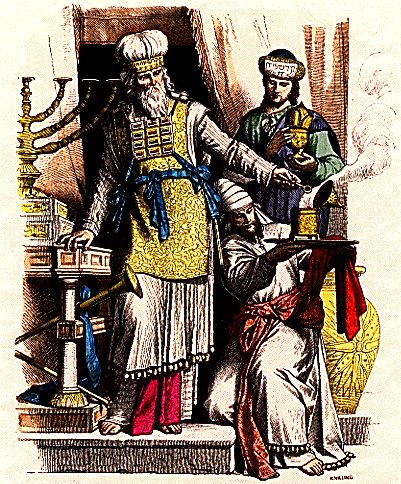



.jpg)




